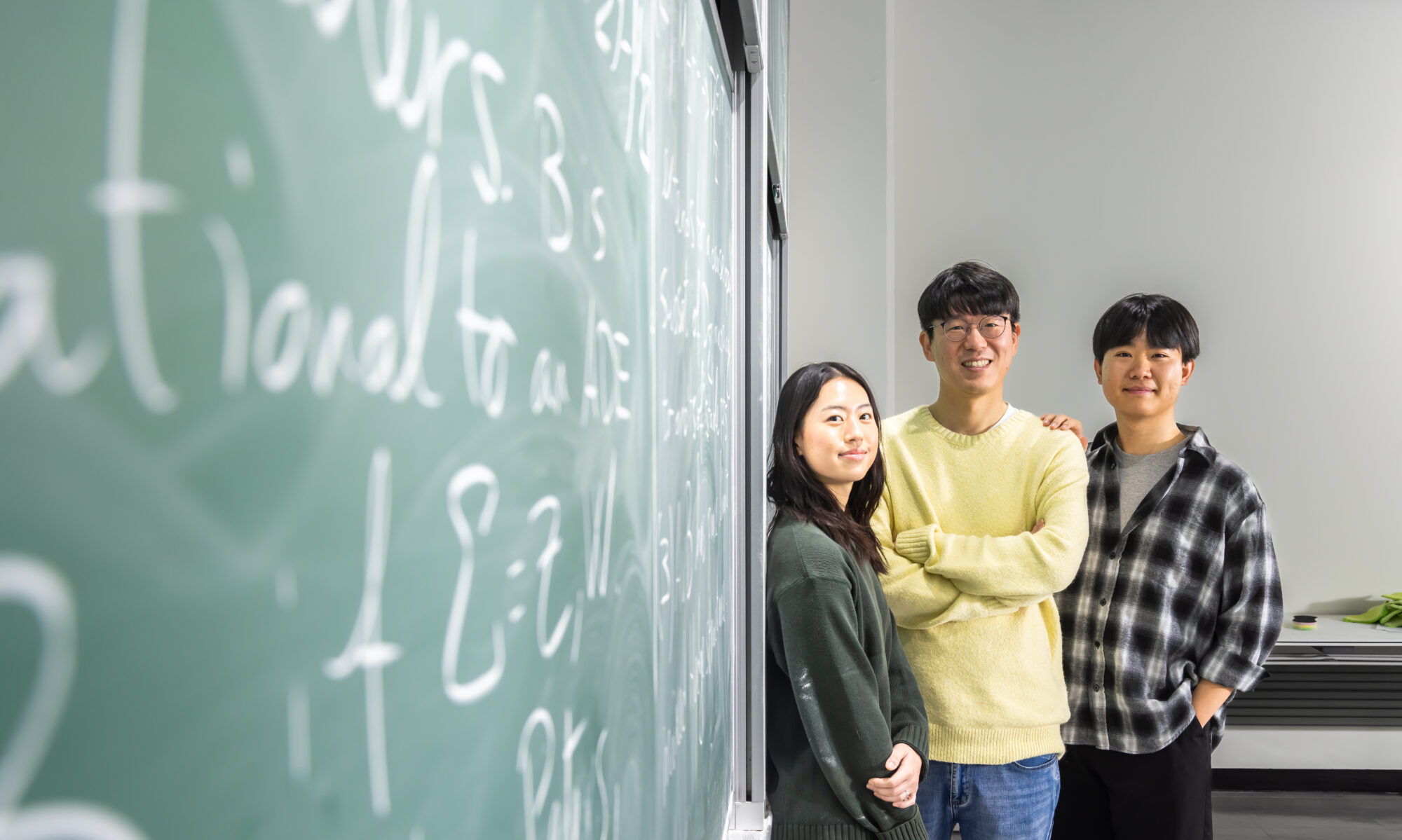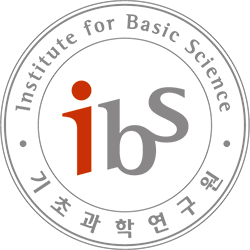
- This event has passed.
Understanding Trade-offs in Biological Information Processing
May 1, 2023 @ 4:00 pm - 5:00 pm KST
B378 Seminar room, IBS,
55 Expo-ro Yuseong-gu
Daejeon, 34126 Korea, Republic of + Google Map
Daejeon, 34126 Korea, Republic of + Google Map
High accuracy of major biological processes relies on the ability of the participating enzymatic molecules to preferentially select the correct substrate from a pool of chemically similar substrates by activating the so-called proofreading mechanisms. While the importance of such mechanisms is widely accepted, it is still unclear how evolution has optimized biological systems with respect to their characteristic properties. We developed a comprehensive first-passage theoretical framework that allowed us to quantitatively investigate the trade-offs between the three properties of enzymatic systems: error, speed, noise, and energy dissipation. Within this framework, we simultaneously analyzed the speed and accuracy of several fundamental biological processes, including DNA replication, transcription, tRNA charging, and tRNA selection during the translation. The results indicate that the speed-accuracy trade-off is not always observed contrary to typical assumptions. However, when the trade-off is present, the biological systems tend to optimize the speed rather than the accuracy of the processes, as long as the error level is tolerable. When systems function in a regime where no speed-accuracy trade-off is observed, constraints due to energy dissipation in the proofreading play a key role. Our theory demonstrates a universal Pareto front in error-dissipation trade-off and shows how naturally selected kinetic parameters position their system close to this boundary. Our findings, therefore, provide a new system-level picture of how complex biological processes are able to function so fast with high accuracy and low dissipation.

